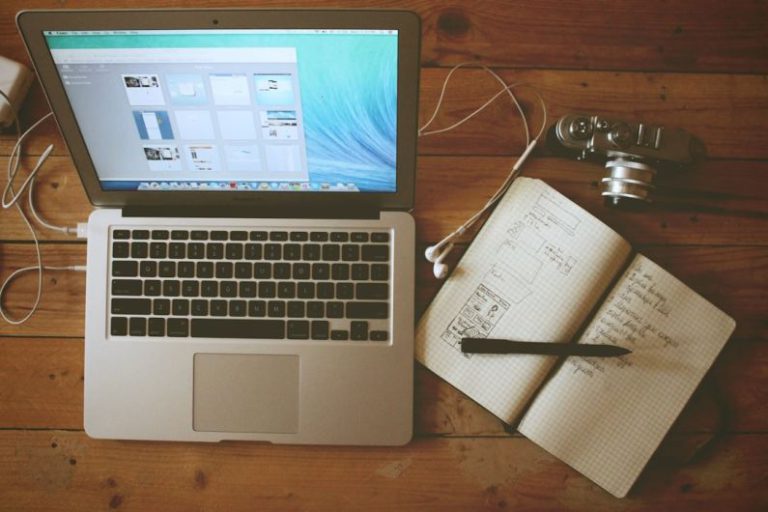The Future of Work: Redefining Work-life Balance
In the ever-evolving landscape of the modern workplace, the traditional concept of work-life balance is being redefined. The lines between work and personal life are becoming increasingly blurred, leading to a shift in how individuals perceive and approach their professional and personal responsibilities. This shift is not only driven by technological advancements and changing work structures but also by a growing awareness of the importance of holistic well-being in achieving overall satisfaction and success. As we navigate this new era of work, it is essential to explore the trends and challenges that are shaping the future of work-life balance.
The Rise of Remote Work
Remote work has emerged as a significant trend in the modern work environment, offering employees the flexibility to work from anywhere at any time. This shift has been accelerated by advancements in technology that enable seamless communication and collaboration regardless of physical location. With the rise of remote work, employees are no longer confined to the traditional office setting, allowing them to better integrate their work and personal lives. This flexibility has the potential to enhance work-life balance by giving individuals more control over their schedules and reducing the stress associated with commuting and rigid office hours.
The Blurring of Boundaries
As remote work becomes more prevalent, the boundaries between work and personal life are becoming increasingly blurred. With constant access to work emails and communication tools, employees may find it challenging to disconnect from work outside of traditional office hours. While this heightened connectivity can foster productivity and collaboration, it also poses a risk to work-life balance by encroaching on personal time. Employers and employees must establish clear boundaries and expectations to ensure that work does not overshadow personal life, leading to burnout and decreased well-being.
Flexibility and Autonomy
The future of work-life balance hinges on flexibility and autonomy in the workplace. Employers are recognizing the importance of offering flexible work arrangements that cater to the diverse needs and preferences of their employees. Flexible scheduling, remote work options, and autonomy in decision-making empower individuals to better manage their professional and personal responsibilities. By providing employees with the freedom to design their workday around their unique circumstances, organizations can promote a healthier work-life balance and foster a more engaged and productive workforce.
Well-being as a Priority
In the pursuit of redefining work-life balance, well-being has emerged as a central focus for organizations and individuals alike. Employers are increasingly implementing initiatives to support employee well-being, such as mental health resources, wellness programs, and work-life balance training. By prioritizing well-being in the workplace, organizations can create a culture that values the holistic health and happiness of their employees. Individuals are also taking proactive steps to prioritize their well-being, recognizing that a healthy work-life balance is essential for long-term success and fulfillment.
Adapting to Change
As we navigate the changing landscape of work-life balance, it is crucial for individuals and organizations to adapt to new realities and embrace innovative approaches to work. By leveraging technology, fostering open communication, and prioritizing well-being, we can create a future where work and personal life are harmoniously integrated. Embracing flexibility, setting clear boundaries, and prioritizing well-being will be key to redefining work-life balance in the digital age.
In conclusion, the future of work-life balance is evolving in response to changing work structures, technological advancements, and a growing emphasis on holistic well-being. By embracing remote work, setting clear boundaries, promoting flexibility, and prioritizing well-being, individuals and organizations can create a more harmonious and fulfilling work-life balance. As we continue to navigate this new era of work, it is essential to adapt to change, embrace innovation, and prioritize the integration of work and personal life for long-term success and happiness.






